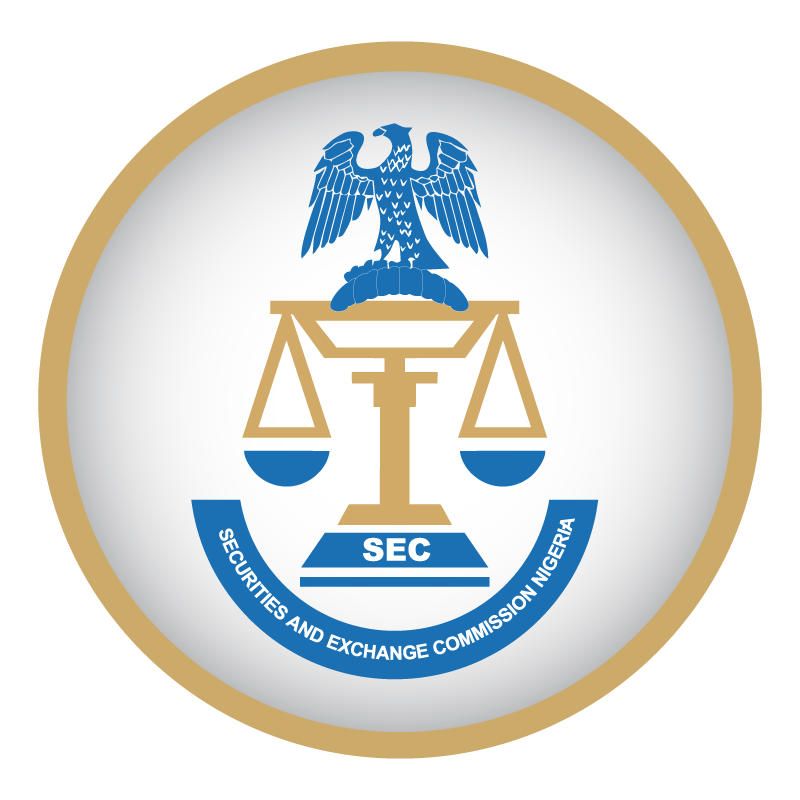- Stock Exchange Places 49 Firms Under Caveat
Investors need to beware while seeking to buy or trade on shares of 49 quoted companies, a latest compliance assessment report by the Nigerian Stock Exchange (NSE) has shown.
The latest tracker report on corporate governance, regulation and compliance obtained indicated that 49 companies have pending and unresolved compliance and governance issues that place them below the high standards required of quoted companies. The number of companies tagged with the red alert for various deficiencies represents about 28.5 per cent of the 172 total number of quoted companies at the Exchange.
The report was based on the Compliance Status Indicator (CSI) of the NSE, which uses three-letter codes to mark out companies that fall below the post-listing requirements at the Exchange. The tracker is updated regularly with addition of newly deficient companies and release of newly compliant companies.
The companies under the red-alert warning included Union Bank of Nigeria, Presco, Skye Bank, Transcorp Hotel, Resort Savings and Loans, Evans Medical, Academy Press, Nigerian-German Chemicals and Caverton Offsshore Support Group.
A breakdown of the compliance report indicated that 22 companies were flagged for failure to submit their earnings reports within the scheduled timeline, nine companies were tagged for free float deficiencies, five companies were under delisting process, two companies were under restructuring while 10 other companies had compounded regulatory issues.
The flagged companies included Capital Hotel, Chellarams, Interlinked Technology, Infinity Trust Mortgage, E-Tranzact, Omatek Ventures, Roads Nigeria, Multi-Trex Integrated Foods, Aso Savings & Loans, Ekocorp, Ikeja Hotel, Union Homes and Savings, Deap Capital Management & Trust, International Energy Insurance, Afrik Pharmaceuticals, Anino International, African Paints, Goldlink Insurance and Thomas Wyatt Nigeria.
Others included Golden Guinea Breweries, FTN Cocoa Processors, African Alliance Insurance Company, Austin Laz & Company, Daar Communications, Fortis Microfinance Bank, Juli, Great Nigerian Insurance, Capital Oil, Union Dicon, Union Diagnostics, Universal Insurance, Premier Paints, Avon Crowncaps & Containers and Afromedia.
The NSE uses 10 codes to tag companies with regulatory and compliance issues in order to draw attention to the unresolved deficiencies as part of efforts to enhance market integrity and ensure investors have full and transparent disclosures to make their decisions.
The code-Below Listing Standard (BLS) comprises all deficiencies regarding continuing listing standards. Missed Regulatory Filing (MRF) implies that the company missed regulatory filing deadline. Delisting Watch-list (DWL) relates to companies that have been served with a delisting notice but the delisting process has been put on hold because they have received a stay of action from the Exchange for a defined period during which they undertake to cure the issues that led to the issuance of the delisting notice. If they fail to cure the issue within the defined period or any extension thereof, the hold on the delisting process will be lifted.
Also, Delisting in Progress (DIP) defines companies that are in the delisting process, mandatory or voluntary. Usually, the delisting process commences with a notice of intention to delist from The Exchange to an issuer, in the case of mandatory delisting, or to the Exchange from an issuer, in the case of voluntary delisting. Awaiting Regulatory Approval (AWR) implies that the companies that are awaiting the approval or no objection of their primary or another government regulator before releasing their audited financial statements.
Other codes included Restructuring (RST), which relates to companies that are in the process of restructuring; Below Listing Standard and Missed Regulatory Filing (BMF), companies that missed regulatory filing and were below listing standard; Below Listing Standard and Awaiting Regulatory Approval (BAA), companies with below listing standard and awaiting regulatory approval; Below Listing Standard and Restructuring (BRS), below listing standard and restructuring; Missed Regulatory Filing and Restructuring (MRS), missed regulatory filing and restructuring; and Below Listing Standard, Missed Regulatory Filing and Restructuring (BMR), which defines companies with below listing standard, missed regulatory filing and restructuring codes.


 Forex2 weeks ago
Forex2 weeks ago


 Naira1 week ago
Naira1 week ago
 Naira4 weeks ago
Naira4 weeks ago
 Company News4 weeks ago
Company News4 weeks ago




 Naira2 weeks ago
Naira2 weeks ago
 Billionaire Watch1 week ago
Billionaire Watch1 week ago




 Naira1 week ago
Naira1 week ago




 Naira3 weeks ago
Naira3 weeks ago





















